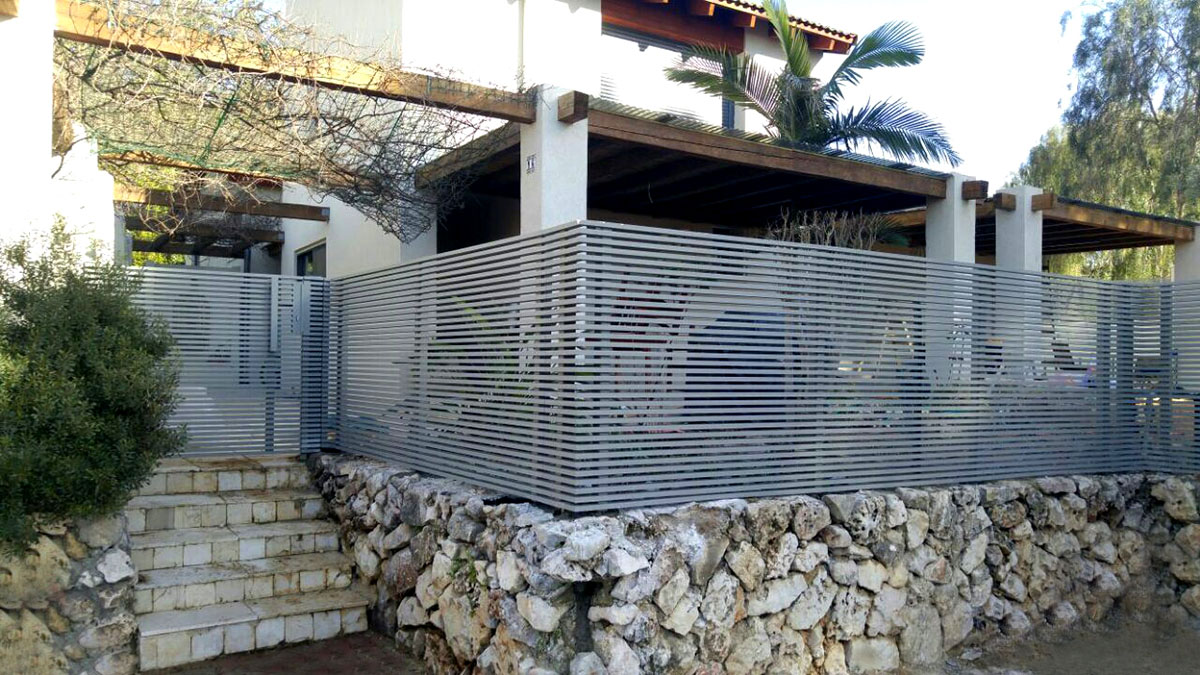There’s definitely a right way to build anything, and that’s true with your home security gate or fence.
Mulholland Brand has been fabricating and installing gates and fences throughout Southern California for over 25 years!
Roughly 70% of our business has been repairing and reinstalling gates erected by another contractor.
We’ve put together a brief report about the more common and most expensive mistakes that we have seen in fence and gate making. Your primary defense against making such mistakes is in your knowledge about them.
Another good defense is to work with people who have been successful at doing this with your friends, family, and neighbors.
When people have gates manufactured and installed correctly, they are proud of their gates and happy to talk about their success…even with strangers.

1. Deciding Solely Based on Price (“Cheap” Materials or Installation) for Your Home Security Gate or Fence
Cheap or improperly treated wood is one reason you will see a lot of bad-looking gates and fences around your neighborhood. One or two hot Southern California summers followed by even a mildly wet winter (or just your sprinkler water hitting them) can have your gate warp out of shape and end up looking (and working) terrible, quick.
Metal gates or fences should also be of high gauge and high-quality alloy. A thin gauge gate will slowly bend and warp out of shape as they open and close over even a few years. This common problem leads to clearance issues with the ground or failure to latch and keep gates closed properly. A high-quality alloy will have sufficient strength to avoid this.
Fortunately, these problems don’t happen overnight. Gates or fences made out of improper materials can still look good and even operate well for a few months or even a couple of years. However, eventually, these issues make for costly repairs or replacements. Once the wear and tear of the climate or regular use sets in, you will regret not finding a better contractor or selecting better materials.
If you have decided on metal fencing, you’ll see articles throughout this site nudging you towards aluminum. But aluminum will not be right for everyone, always.
When iron (steel) is your choice, ideally you will spend the extra money to make sure they are zinc dipped to give them a galvanized, rust-resistant finish. (Note that this will probably add up to more than aluminum, and less dependable.)
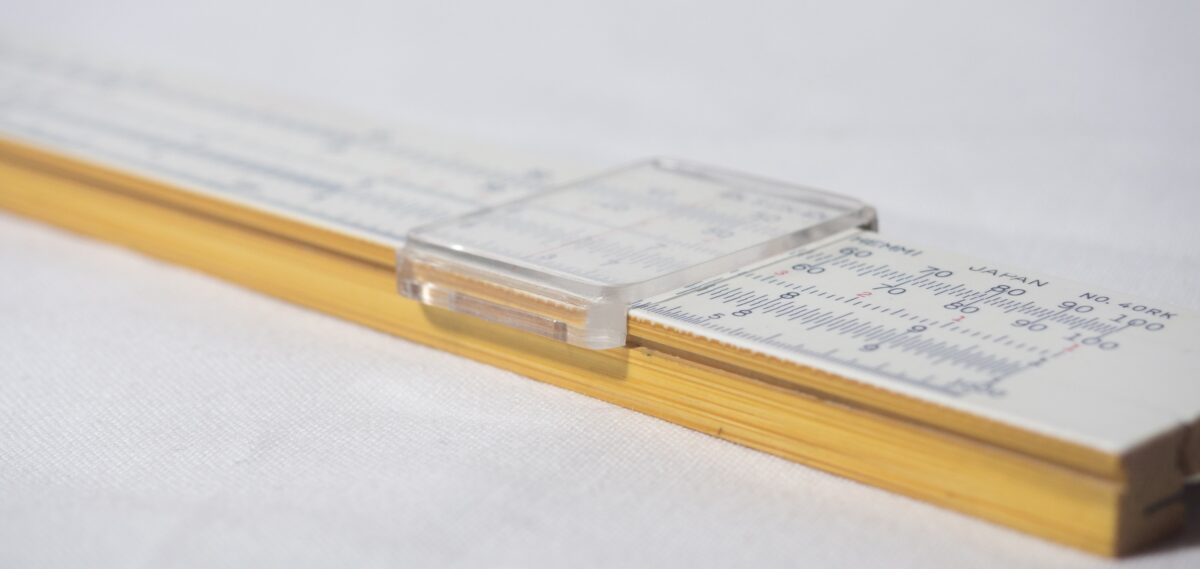
2. Improper Slope Calculations for Gates
When installing a custom fabrication for a gate or fence on sloped terrain, you need to do everything right the first time.
It’s challenging to make a gate on a hill. Engineering requires accommodations for all elevation changes of your gate path. In addition, calculations are different for swing or sliding gates. The fabricator then needs to sketch this out or input it into a software program to make sure it is all going to work. If the initial measurements are off, the fencing won’t be perfect.
When you drive around town, you’ll see that people living on hillsides often leave their gates open. There are greater stresses on hillside installations. Gravity is a lot bigger factor on a slope than on the level ground.
Poorly measured, fabricated, or installed gates may work passably at the time of installation but will go out of adjustment soon. A typical result of this is the gate failing to close fully or properly. What’s the sense of having a gate that you can’t close properly?
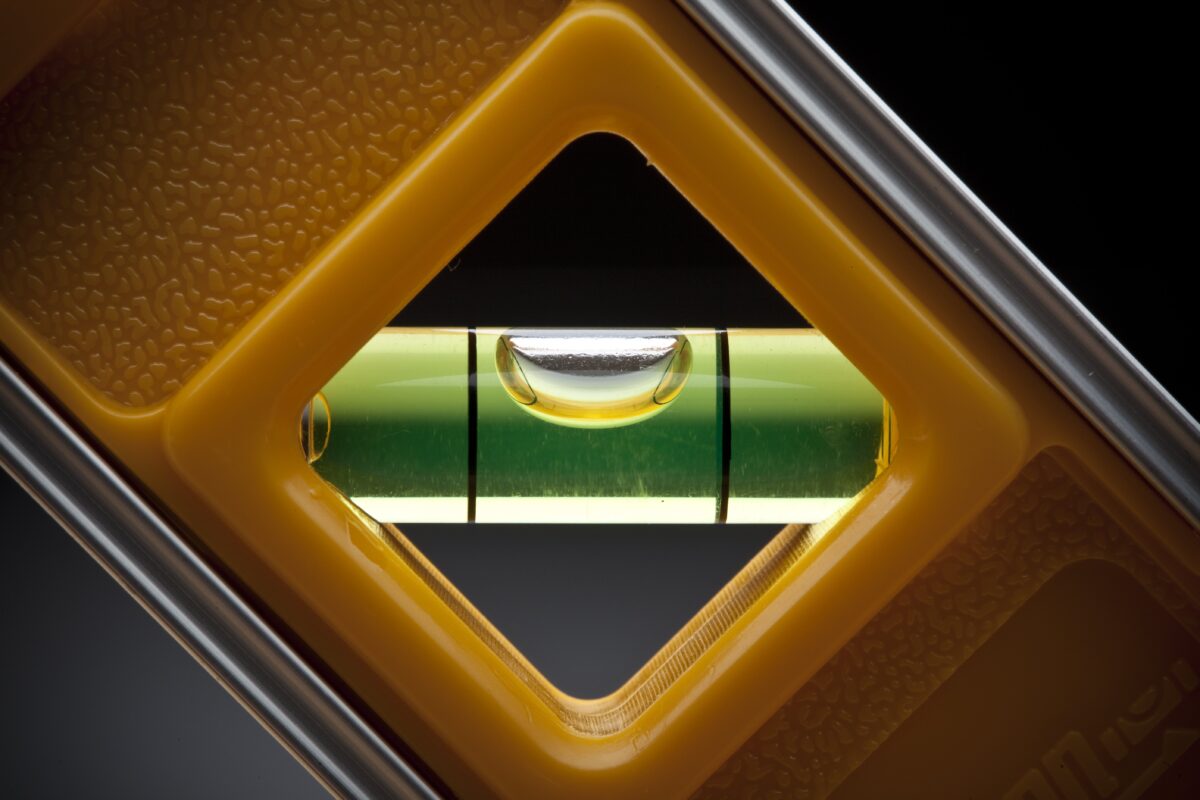
3. Vertical Posts or Horizontal Profiles are not Level
“Not such a big deal!” you may think! But it is!
As beautiful as it may be to have straight-and-level lines, it’s not only for aesthetics. Having an installation that’s level or “plumb,” affects the strength of the entire system. An inaccuracy by just a couple of degrees can compromise the integrity of your entire installation, making it weaker than expected.
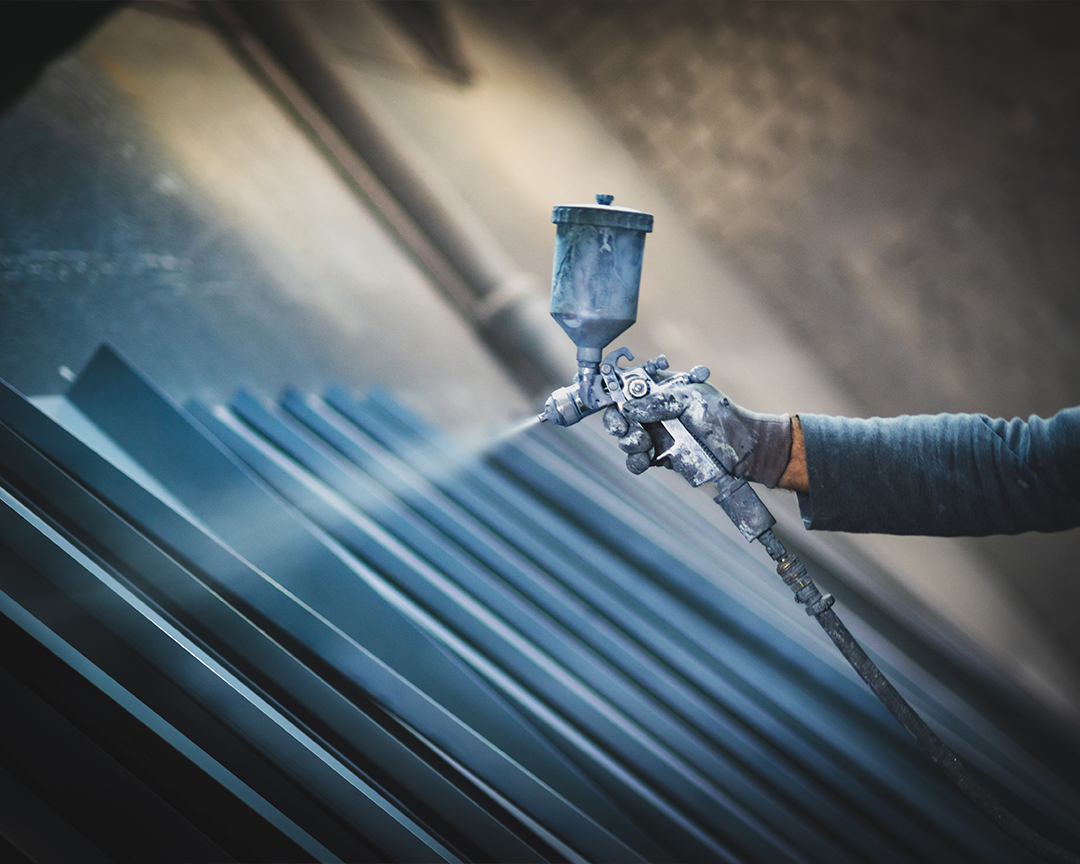
4. The Gate or Fence Not Properly Finished
It is rare that manufacturers inadequately finish a fence, but it happens. When it happens, it a bigger hassle to get the manufacturer to remedy the situation than it is to just have your installer fix it.
More often an installer will accidentally “nick” or lightly damage your finish in the installation. When this happens, most contractors are quick to remedy the situation.
Probably the oldest and most often heard remark heard amongst people in the fencing industry is “Come on fellows, we’re not building a piano here!” Workmen will push each other to get the job done rapidly and to not get so careful that nothing gets done.
The primary tools used in fencing include saws, hammers, rivet guns, jackhammers, and other powerful machines. These are not “piano building tools”! When installing fencing, workmen sometimes need to push and hammer things into place. This is because of the earth itself being an uncooperative foe more than it is because of any negligence or poor performance of the workers.
They do their best, but in any fence work being done you are going to see some damage attendant to the carrying out of a fence project.
The fence finish is where there is the most frequent minor, repairable damage.
Installers often paint or seal after the installation, but not always. Both iron (steel) and aluminum are always finished before installation. So, there are going to be a few areas where the workmen need to go through the job and touch things up; blending in some paint to cover these areas.
But even the best workmen can make a mistake and miss these, infrequently. So, either before you have made your last payment, or as soon as possible after installation, be sure to tour the work to make sure they caught and corrected these problems.
It’s important to make sure the manufacturer or contractor correctly finished your fencing to protect it from the elements and give it a longer life.
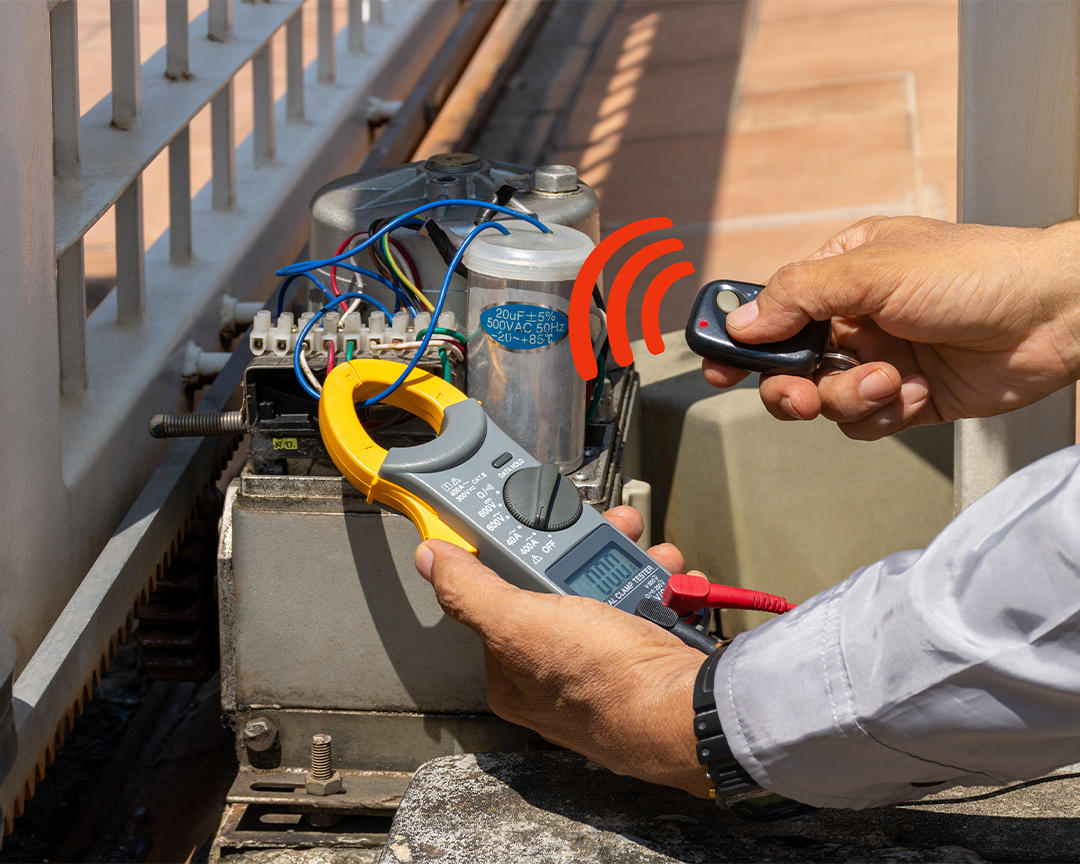
5. The Wrong Motor Is Installed for Your Gate
You can install a small motor on smaller gates, or iron gates on level property. But heavier gates and gates on inclines require larger motors.
Gates get heavier when they get taller, thicker, or wider.
The material used is also a big factor in gate weight. A wood or iron gate often weighs 2-3 times more than an equivalent aluminum gate.
To add to all the problems encountered in gates installed on a hillside, for a gate of any real size, you’re going to need a powerful motor to open and shut your gate. That’s because, either to open or close your gate, your motor’s going to be working “against” gravity as it travels uphill and the motor will also work to “brake” your gate as it opens or closes “with” gravity.
Motors for gates prices vary, but the ones that can handle “less weight, less often” are less expensive. So, a contractor inexperienced with gate manufacture and installation can, to minimize costs, choose an incorrect motor for your gate.
In choosing the correct motor, you can also spend money unwisely by not taking into consideration the frequency of use. A motor designed for a community gate that used dozens if not hundreds of times a day would be an overkill for a single residency and much more expensive.
So, you can get too weak a motor for your gate, or one too strong! Either way, you end up spending too much money.
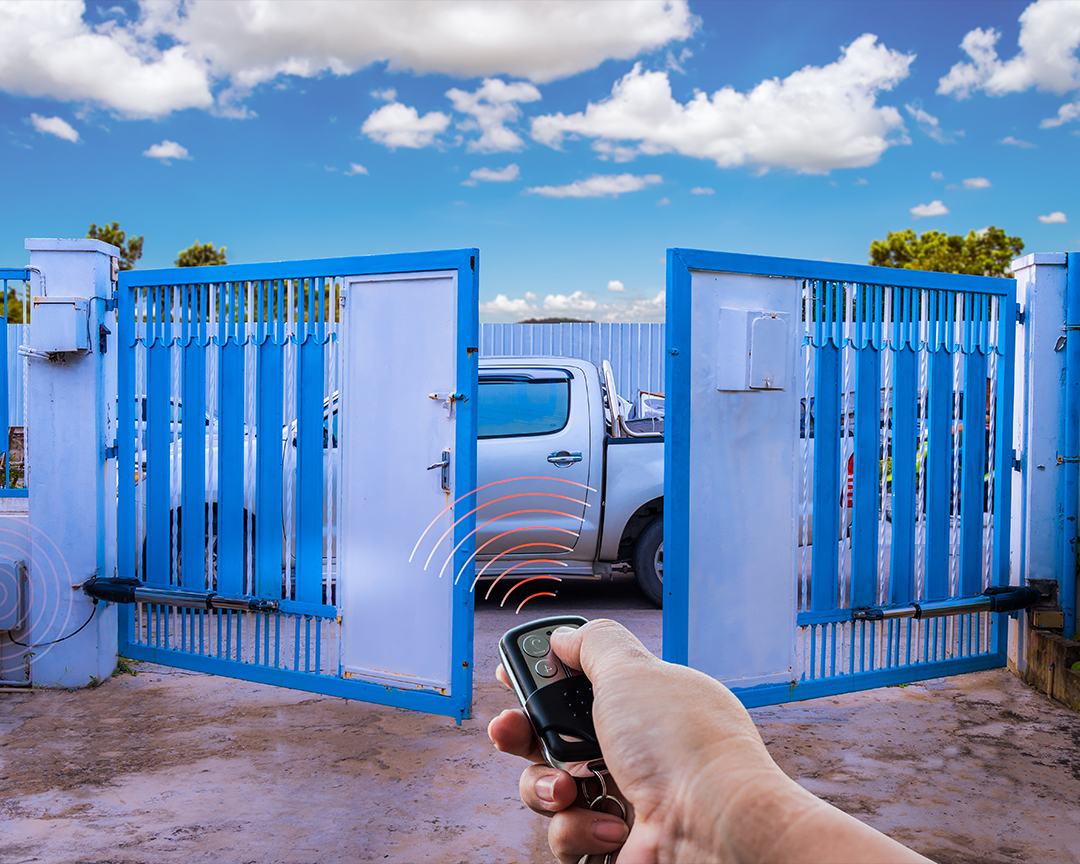
6. Poor Post Material or Installation for Swing Gates
Gates and fences weigh a lot. And the posts that the gate swings from must firmly anchor into the ground to avoid sagging and alignment issues. These are more important in ratio to the weight of the gate panels.
To get a clear understanding of this, pick up a paint bucket or item of similar weight, and bring it up directly to your waist. You’ll probably be able to hold it there for quite a while. Now, take that same object and attempt to hold it at arm’s length, parallel to the ground. Your arm and then your back will tire. You’ll get an idea of how strong your gate must be and how firmly your post must be in the ground.
A gate post must be adequately footed in the ground. Without this firm foundation, the post will lean because of the weight of the gate.
Another important consideration is the material of the post. Moisture, insects and even bacteria that is present in the ground can really create a lot of trouble for a gate or fence. Wood is the most susceptible to these issues. So it’s important to treat and maintain a wood installation properly.
Even a material such as iron can corrode and weaken by an irrigation system or natural moisture.
If you’re choosing iron or steel, be sure it’s galvanized and powder coated to protect it from these issues. Or consider a material like Aluminum so you solve these issues before they start.
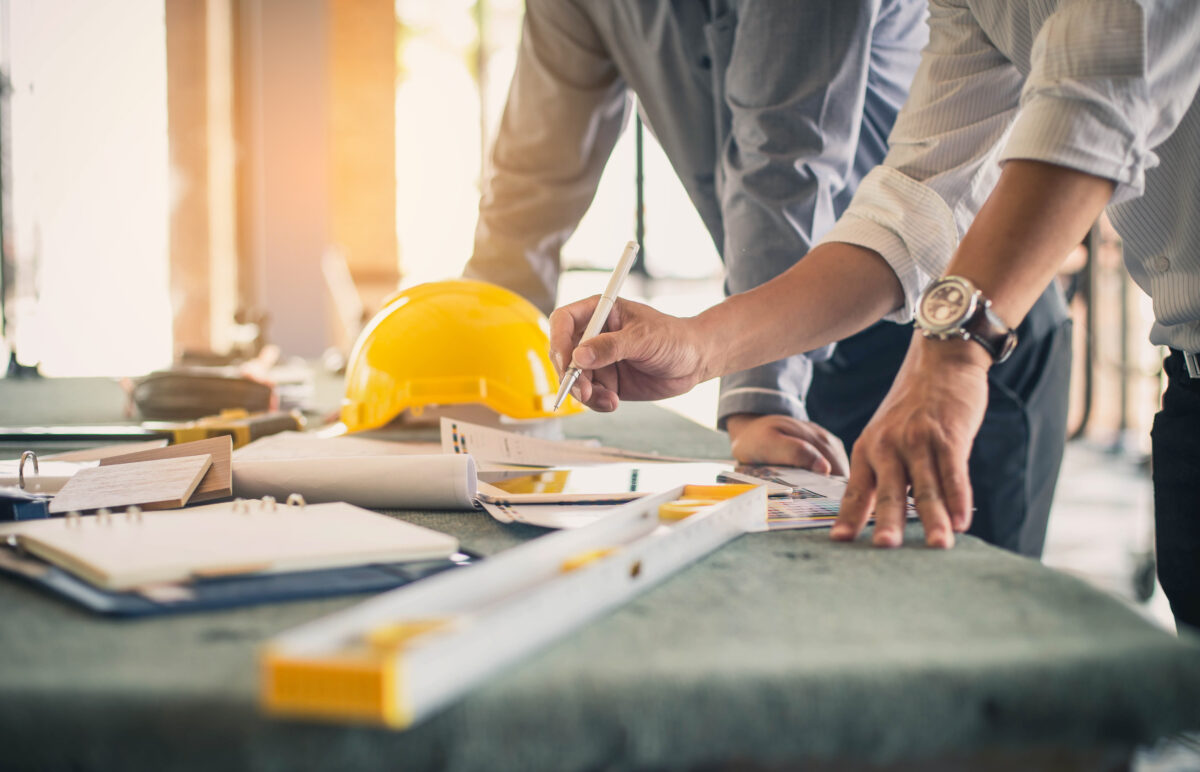
7. Contractor or Craftsman?
There are a few things that you can do to make your gate shopping experience easier and more pleasant. When you look through the net for home security gate or fence installers in your area, it’s important to look for the principal things that show they are a reputable company. Here’s a simple checklist to review before even making a phone call:
• Is their contractor’s license displayed on their site?• Do they have a Better Business Bureau rating? If so, what is it? (The BBB’s highest rating is A+.)• Does their site state that they are insured and that they offer a written guarantee?• Are they promoting that they are on websites like Houzz or AngiesList? If so, have they earned any awards for superior service?
If they have these listed on their site, call them and arrange a presentation. Beyond looking at their pretty pictures, you want to see their work for yourself and talk with past customers if possible.
The best gate and fence installers will have plenty of people who will be happy to talk with you and show off their beautiful products in person.
When you meet with a contractor, ask for verification of their licenses and insurance. Ask for a written guarantee. Ask for an itemized contract that states everything you’ve agreed to verbally.
And ask all the questions you want. The more informed you are, the more confident you will be when it comes time to decide.
In Conclusion…
Regardless of whether you work with us or another company for your home security gate or fence, our primary goal is to make sure you’re educated about purchasing a gate, fence, railing system, or pergola. The more educated you are, the more comfortable and confident you will be in the decision-making process.
If you’re interested in working with us, call us! 800-562-5770
We’re happy to answer all your questions, show you everything we do, and how we do it! You can even visit our factory in Canoga Park, CA to see our manufacturing process.
Request a quote now!


